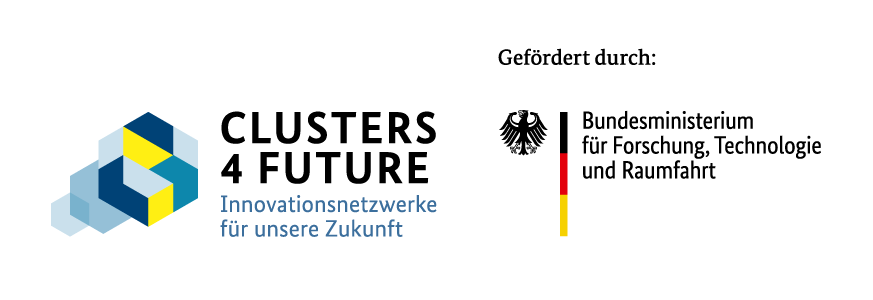Germany's future of mobility: What must be included in the new coalition agreement?
With the planned 500 billion euro special fund for infrastructure and climate protection, Germany has large investment funds at its disposal. But money alone is not enough. Clear guidelines are needed for a sustainable mobility policy that promotes innovation, climate protection and competitiveness in equal measure.
A 5-point plan for sustainable mobility
Together with the Technical University of Munich, UnternehmerTUM and over 50 partners from practice and research, Germany's largest mobility cluster MCube has developed a concrete 5-point plan. This was presented and discussed on March 13, 2025 in the MCube Speaker Series at the TUM Think Tank of the Munich School of Public Policy in front of over 80 guests, including Munich's 2nd Mayor Dominik Krause and mobility managers from 15 municipalities.
The key points at a glance:
A differentiated approach to urban and rural areas - targeted promotion of sustainable mobility
Mobility requirements differ fundamentally in urban and rural areas:
Implementing mobility innovations in practice - founding a "DATI Mobility" agency
Germany invests more in research than the USA, but lags behind when it comes to implementation. A "DATI-Mobility" transfer agency aims to transfer research into marketable business models and accelerate innovation. This will create added value and practical applications.
Driving autonomous driving forward in a targeted manner
Germany is at risk of being left behind when it comes to autonomous driving. To prevent this, model regions are needed in which local authorities, providers, suppliers and research work closely together. In addition to Hamburg, another region should test autonomous commuter solutions in order to ensure rapid implementation, new business models and an international pioneering role.
️ Strengthening local authorities - more speed and scope for action
Many mobility measures fail due to slow decision-making processes. Local authorities need more freedom to decide on speed limits, parking space management and the promotion of cycling and walking. Goal: Reduce bureaucracy and act faster.
Securing funding for public transport - through a long-term infrastructure fund
A sustainable transport infrastructure requires planning security. A long-term infrastructure fund based on the Swiss model could finance public transport independently of short-term political decisions, secure jobs and keep mobility stable in the long term.
To the complete catalog of measures: Link
A new study by MCube Consulting on behalf of Zukunft Nahverkehr (ZNV) shows: Local public transport generates three times as much revenue for the German economy as it costs.
Mobility is at the heart of Germany's economic and innovative strength, the key to climate neutrality and the core of everyday life.
MCube had its own stand at the trade fair and brought together over 100 mobility pioneers at the "Bridging City Innovation Ecosystems" event above the rooftops of Barcelona.
What does the bus of tomorrow need to look like to convince as many people as possible to change buses voluntarily?
Our experts gave keynote speeches on why we need fair, inclusive mobility that is suitable for everyday use for everyone.
The city council of Landsberg am Lech has unanimously approved the new traffic development plan (VEP).
Innovation pioneers meet in Jülich to share transfer strategies, forge alliances and shape the future.
Why we should learn to celebrate construction sites - and finally shape mobility based on facts and together.
With over 130 new employees, Germany's future cluster MCube at Munich Urban Colab entered the next project phase on April 9, 2025 - and at full speed.
What if fewer cars were normal in the city?
No results available
